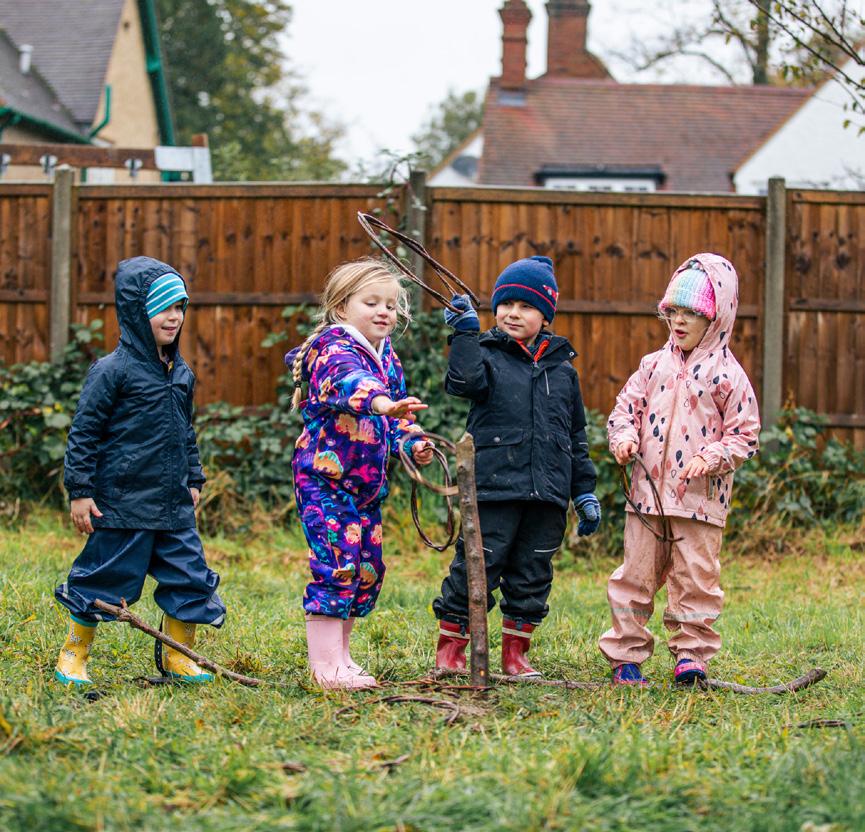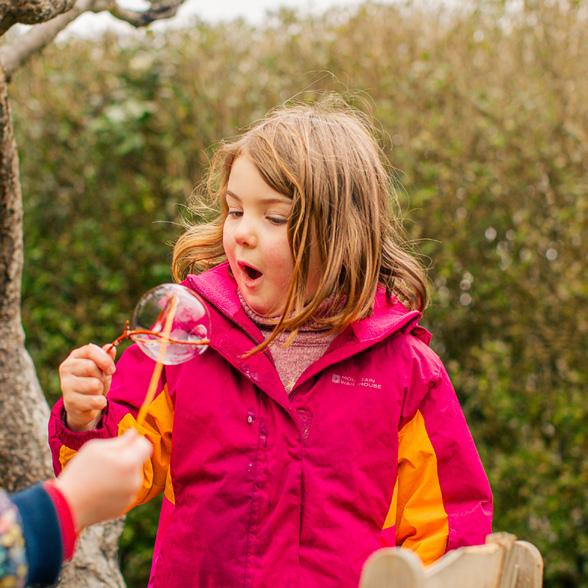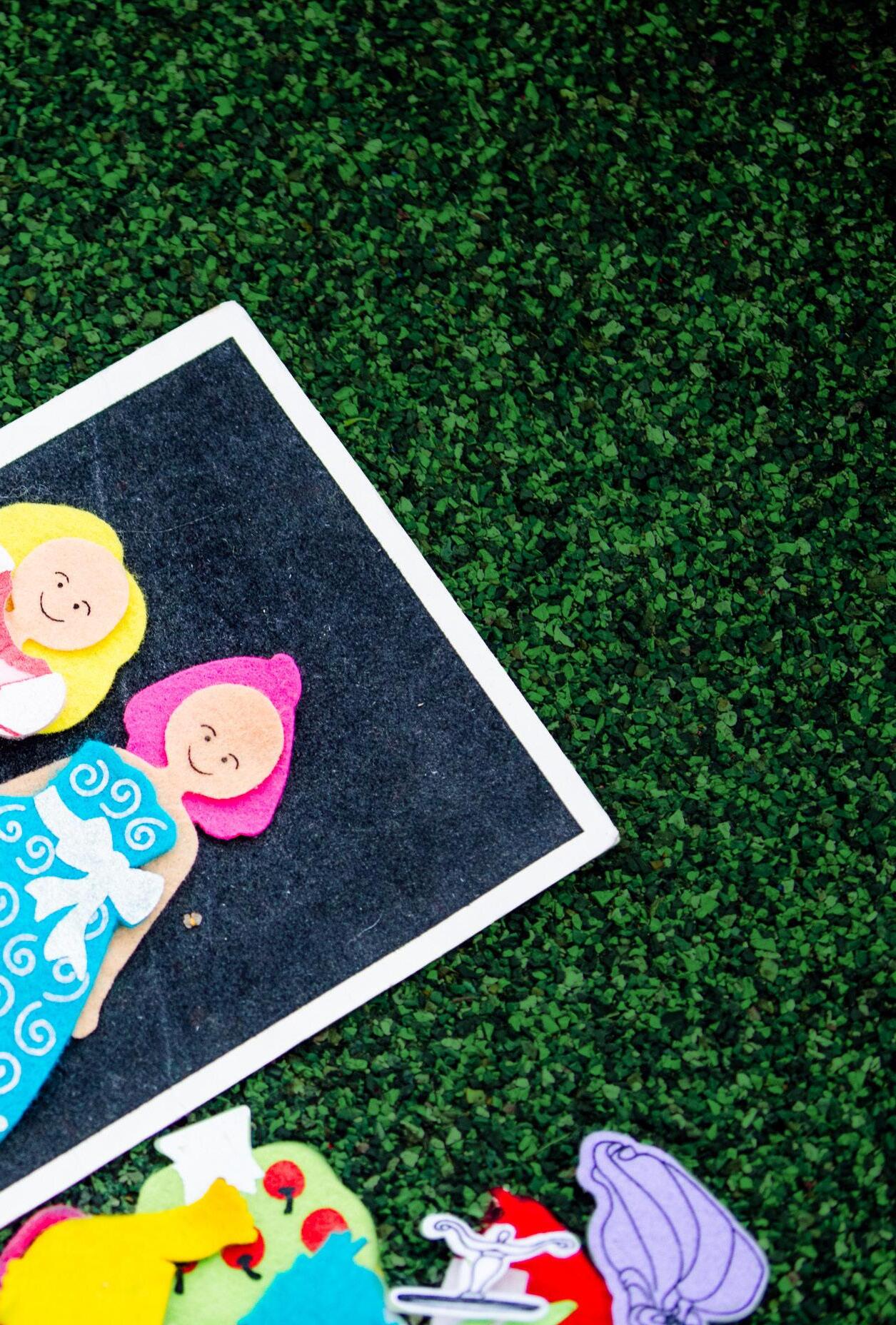
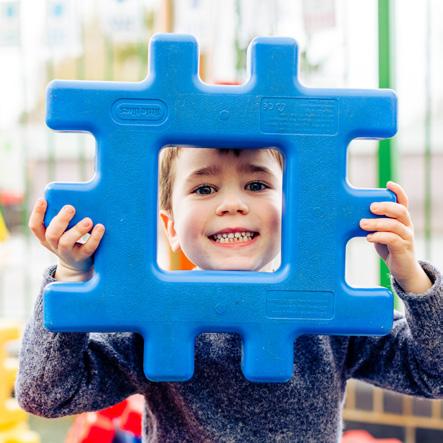



Reception
In this booklet you will find a summary of the main subjects covered in K Group (Reception) and the amount of time dedicated to them each week. The class teacher is the main lead for the subject except for those subjects which are led by specialist teachers, detailed below.
We take a holistic view of topics in the early years and the subjects we choose are dynamic and selected with each child in mind, changing regularly as the children grow and develop in our care. Topics are typically linked closely to children’s interests and are explored through each of the seven areas of learning: Personal, Social, Emotional Development, Communication and Language, Physical Development, Literacy, Maths, Understanding the Word and Expressive Arts and Design, as well as through our Child Initiated Learning (CIL).
Students in the early years rarely explore subjects discreetly as so much of early learning is multi-faceted, for example, using pegs and boards to make a picture would include mathematical knowledge of shape and form, fine motor skills to hold and manipulate beads, creative development to understand how to put the shapes together as well as communication skills to discuss what they have created! Some of the topics we will explore this year include: Marvellous Me, Celebrations, Where are we? Rainforests, Growing Up, and Pirates and Holidays.
Subjects over each week
This graphic represents a typical week in the Reception curriculum. However, we adapt and change daily depending on the needs of our students so these timings can occasionally be flexible.
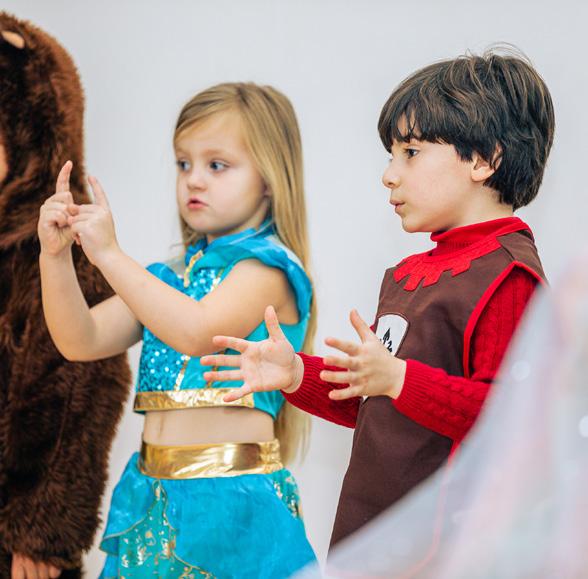
Shabana Butt
Adult directed: 30 minutes
+ integral to Child Initiated Play
Over the course of the year, K Group focus on developing a positive sense of themselves, and others; to form positive relationships and develop respect for others. Students are supported to develop social skills and learn how to manage their feelings, to understand appropriate behaviour in groups, and to have confidence in their own abilities.
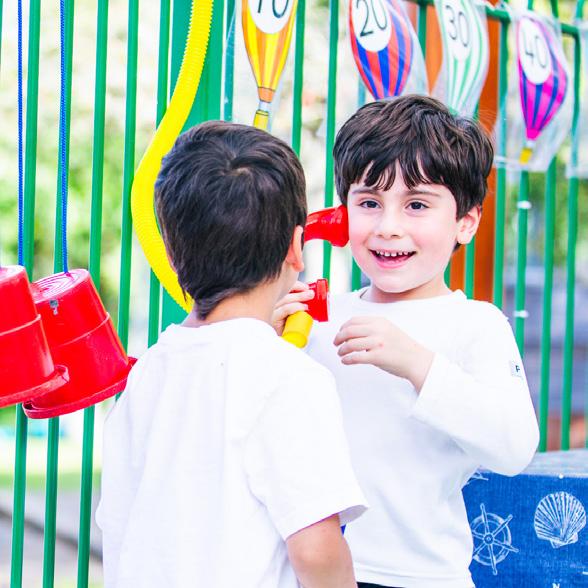
Shabana Butt
Adult directed: 1 hour
+ integral to Child Initiated Play
In K Group, students are exposed to a language-rich environment which enables them to develop their confidence and skills in expressing themselves. The children will develop language for communicating and thinking through talk for writing activities, including retelling stories using a variety of props and asking and answering questions. They are given opportunities to speak and listen in a range of situations. Students are also encouraged to retell stories by talking about personal experiences and events and asking and answering questions of others with growing confidence and clarity.
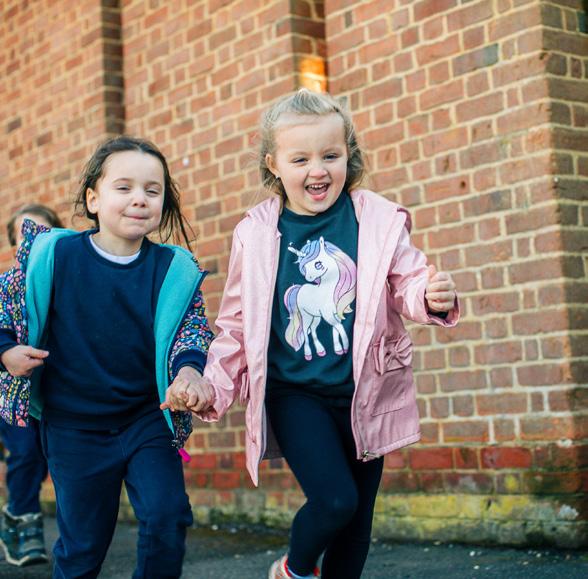
Shabana Butt
1 hour 30 minutes approx.
Over the year, K Group have opportunities to develop their fine motor skills through different targeted activities as well as regular handwriting practice. These take place during adult-led sessions as well as in child-initiated play. During lunchtimes, students are taught how to use kitchen utensils, cutlery, and equipment safely and have regular discussions around the importance of being healthy. During outside learning, students develop their gross motor skills by using the playground equipment, climbing trees or playing games with their friends.

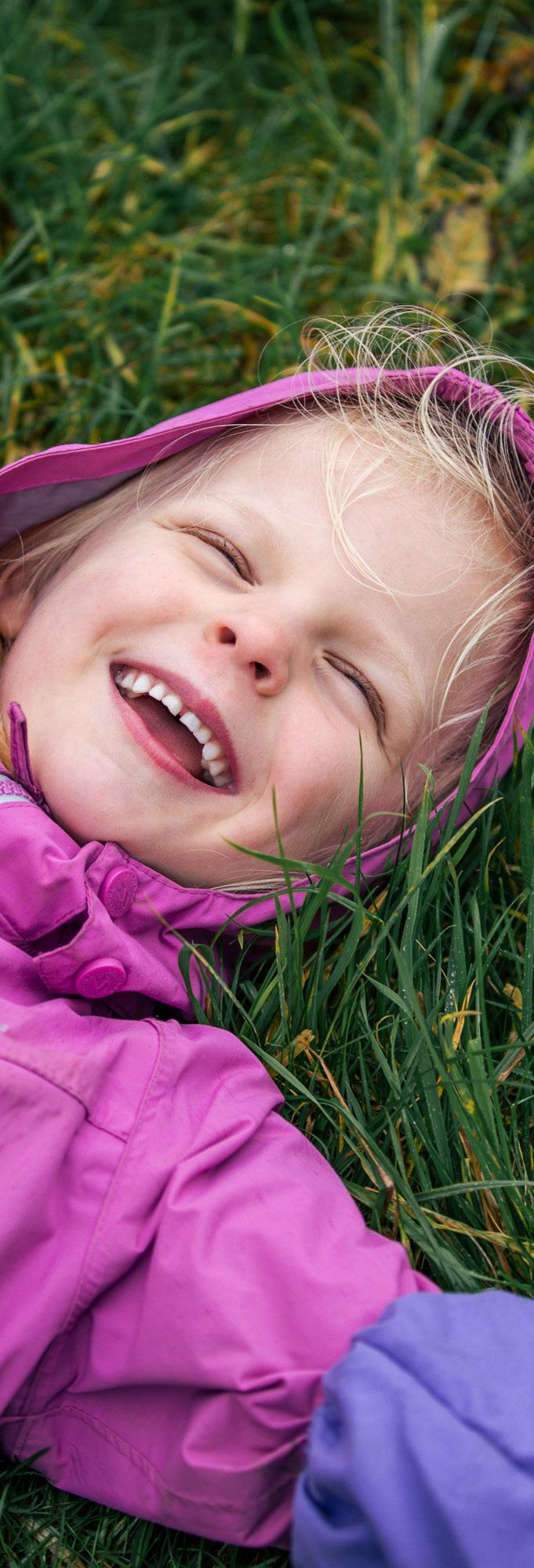
Shabana Butt
20 minutes daily phonics, guided reading x3 a week
Students in K Group have daily phonics and group reading sessions. Our focus in the autumn term is on developing further their love of books and learning the initial sounds and names of the letters of the alphabet. In the spring term, students develop their understanding of digraphs and writing simple sentences. In the summer term, students develop their understanding of writing for different purposes such as making a list, creating simple stories, and labelling.
Shabana Butt
30 minutes daily
During the year we explore number composition up to 20 and beyond, adding and subtracting, number stories, and number bonds up to 10. With shape, space, and measures, we will identify properties of two- and three-dimensional shapes, explore pattern, and use standard and non-standard units of measure during time, length, mass, and capacity activities. Problem solving and reasoning permeate all these areas of learning.

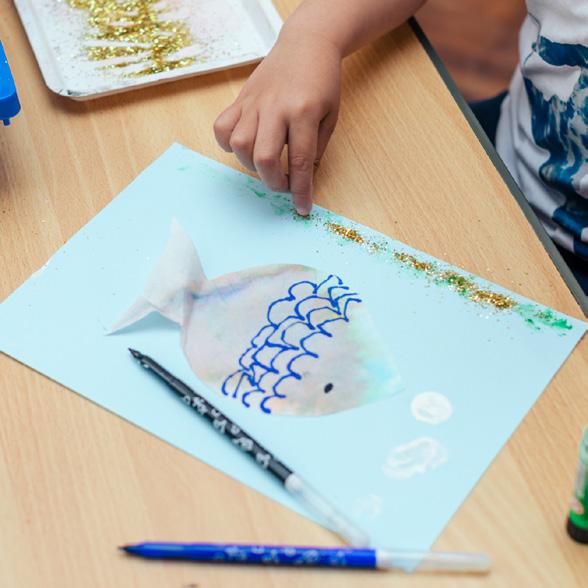
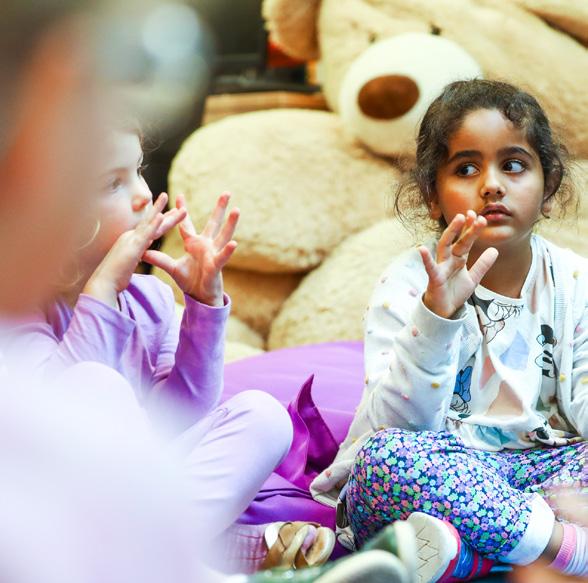
Shabana Butt
1 Adult Directed session - Weekly
Through our various topics we will explore a wide variety of concepts from comparison of our local area to others around the world, historical events and, during the year, we celebrate a number of cultural and religious events through which students will develop an increasing awareness of different global communities and traditions. We cook and examine the changes that occur during the process and explore the natural world around us using all our senses.
Shabana Butt
1 Adult Directed session - Weekly
In creative sessions our focus over the year is to develop colour mixing skills, observational awareness. Our three-dimensional work involves the use of clay and other modelling materials and K Group children explore how to attach and fix our models together.
Shabana Butt 5 hours
Child Initiated Learning is an integral part of students development and helps them make sense of the world around them. CIL allows their learning to be explored and embedded in everyday life. It enables students to work on their perseverance and persistence, understanding that failing is a vital part of learning and should be embraced. Students have access to a wide variety of equipment and spaces to explore and learn through. Adults scaffold the play, where appropriate, to ensure that learning is purposeful and moving forward.
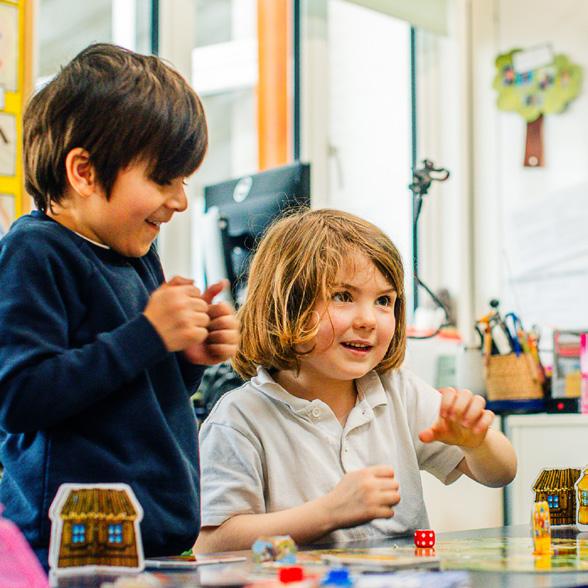
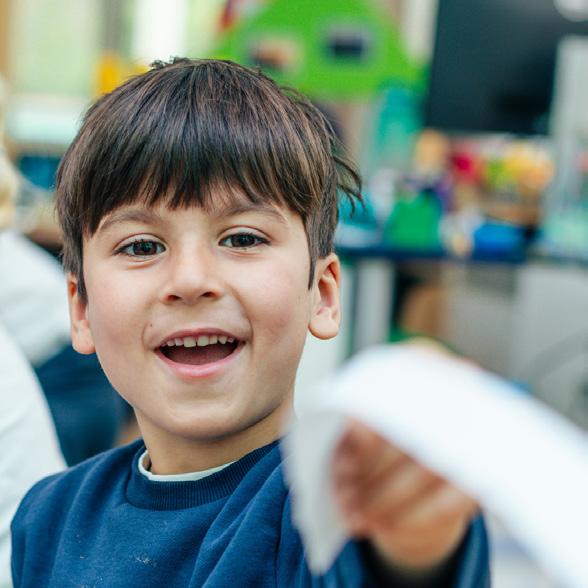
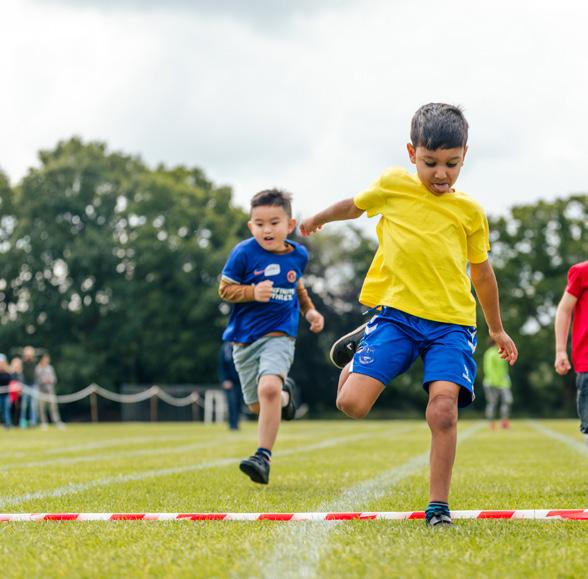
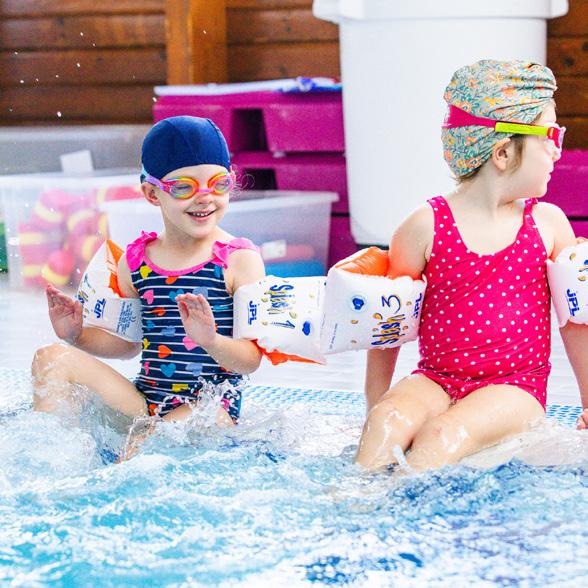
Edel Davies
30 minutes
Through games, songs, mime, dance, and play, students begin to learn how to say key French vocabulary for foundational topics. Exposure to language around the themes of numbers, alphabet, days, months, weather, greetings, and feelings helps to prepare them for future classroom routines. Throughout their learning, there is a focus on understanding aural input and oral output.
Martin Goodchild
2 x 30 minutes
In Reception, students continue to be supported by specialist teachers as they build on the foundations of music – exploring rhythm, pitch and sound with growing independence. Lessons develop further their early understanding of notation and encourage children to recognise and respond to musical symbols. Students are encouraged to create their own musical patterns and to improvise. These experiences aim to develop not only musical skills but also confidence, collaboration and joy in making music together.
Jenny White
30 minutes + changing time
In swimming lessons, students begin to travel unaided through the water. Activities are designed to develop basic techniques for front and back travel (without aids) across 5m. Students are supported to feel confident in deeper water and learn to jump in the pool unaided. Students take part in an additional 10-minute ‘Aquafun’ session at the end of each lesson using a variety of equipment to complete structured games or activities, which enhances their aquatic skills.
Lydia
Somerville
1 hour 45 minutes (+ changing time)
Forest School sessions are all about making and exploring connections. Students are encouraged to ask questions about the environment, in particular “What do I notice outside?” - the sun, the weather, or changes to the environment. In their lessons, students consider how we take care of nature and each other. They also take part in discussions, and the Forest School Leader encourages them to describe the things they notice about the environment around them. Students compare their observations to other experiences, whether these be their own from a previous season or a peer’s observation. Forest School remains highly practical, encouraging them to take measured and supported risks. Students explore different movements, taking turns in activities and considering the risks we might meet when we do things, and how we can avoid them.
Forest School at St Chris is a child-centred, inspirational process that gives our young learners opportunities to challenge themselves, develop confidence and increase their self-esteem through hands on learning experiences in a natural environment. Sessions are based on a fundamental respect for students and for their capacity to instigate, explore and maintain curiosity in the world around them. Most importantly, our students develop a deep and meaningful connection to the natural world and understand their place in it.
St Chris has the ability to give children the freedom to learn and make their own choices within the rules clearly communicated with them.
Parents' Survey
